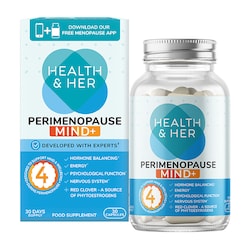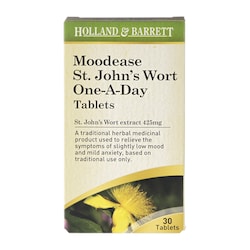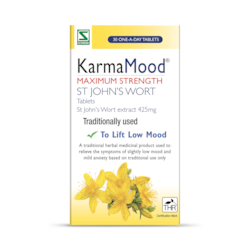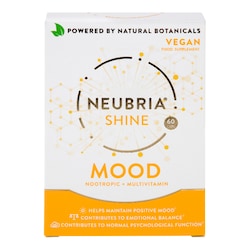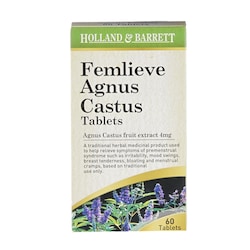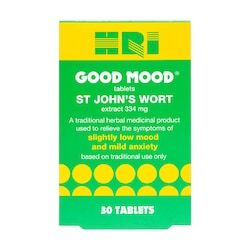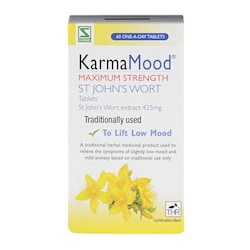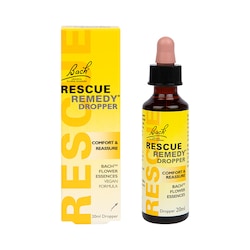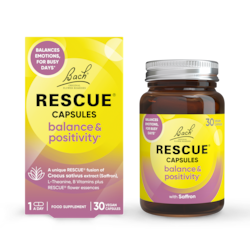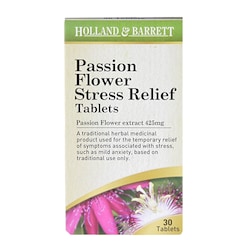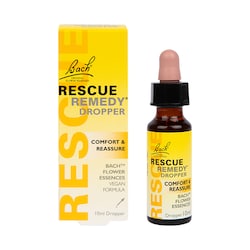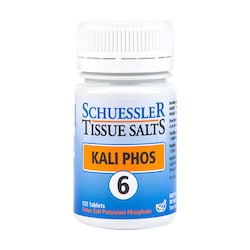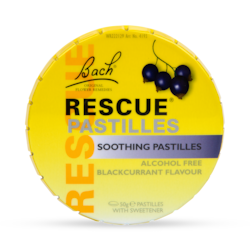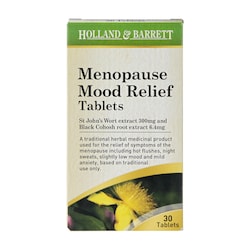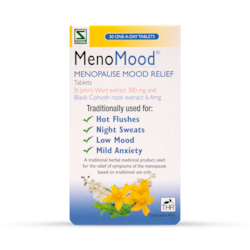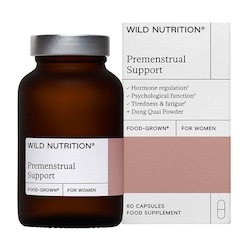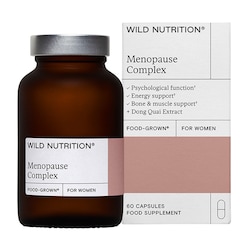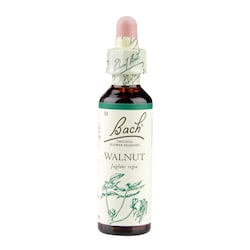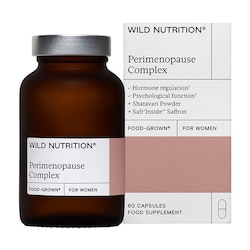15% off £25 OR 20% off £35
Code:DECIDE
10 foods to increase serotonin

What you eat can affect your brain. Serotonin – known as the ‘happy hormone’ – can be boosted by choosing the right foods which are rich in an amino acid called tryptophan. Find out more.
Summary
1How does the body produce serotonin?
Serotonin is found both in the brain – as a neurotransmitter – and the blood – as a hormone. The serotonin in the blood is produced by nerve cells...
2Serotonin food – myth or reality?
Serotonin is produced in a complex multistep process by the human body – it’s not as simple as eating your serotonin for breakfast. For example...
3Serotonin supplements
Serotonin supplements are really tryptophan supplements. They contain 5-HTP (5-Hydroxytryptophan), which cannot be sourced the diet. This is a...
The food we eat every day affects how we feel both physically and mentally.
Some foods, like sugary, high-fat foods, are linked with low mood, anxiety and problems sleeping.1
On the other hand, there are foods which can help boost your levels of ‘happy hormone’ serotonin. Read on to find out more.
What is serotonin?
Discovered in 1948, serotonin is a neurotransmitter – a chemical messenger involved in brain activity.2
As a neurotransmitter, serotonin helps the brain communicate with the rest of the body, and among other things is responsible for regulating heart function, bowel movements and bladder control.3
Serotonin is also a hormone. It’s widely known as the ‘happy hormone’ due to its role in mental wellness and mood.
Low serotonin levels are linked with low mood and depression.4
A type of medication for depression, selective serotonin reuptake inhibitors (SSRIs), have the effect of increasing serotonin levels in the brain.5
This can have the effect of improving symptoms and making people more responsive to other therapies, including talking therapy.
SSRIs are given for clinical depression and can only be prescribed by a doctor.6
How does the body produce serotonin?
Serotonin is found both in the brain – as a neurotransmitter – and the blood – as a hormone.
The serotonin in the blood is produced by nerve cells in the gut, whereas the serotonin in the brain is produced by the brain stem.7
These two categories of serotonin both play a role in mood.
The gut provides approximately 95% of total body serotonin, mostly found in blood plasma.8
The colony of gut bacteria – or microbiome – is known to influence the brain and central nervous system, which includes our mood. This connection between the gut and brain is called the ‘gut-brain axis’.9
The body uses an essential amino acid called tryptophan to help build serotonin.10
The body can’t make tryptophan so we must get it from our diets.
How to increase serotonin?
Research about how to boost serotonin naturally is ongoing. Three main areas stand out:
Exposure to bright light is one method researchers have found which may increase serotonin levels in humans, and potentially improve symptoms such as low mood.
Most of us know how much it can help to get outside when we’re feeling blue.
Even on a cloudy day, the light outside is far brighter than anything which could be achieved indoors, which has a direct effect on serotonin levels.
In fact, it has been found that the more sunlight hours in a day, the higher a person’s serotonin levels tend to be.11
Exercise is another evidence-based way to boost serotonin levels naturally.
Again, you may be familiar with the effect of taking a walk, for example, when your mood is low.
Often you feel calmer and more energised afterwards – thanks to a serotonin boost.
Exercise is thought to increase the firing rates of serotonin neurons, resulting in an increased release of serotonin.
It’s also believed to help with tryptophan (the amino acid which helps build serotonin) availability in the brain.12
Can you directly affect your serotonin levels by changing your diet? Researchers now think so.
The gut-brain axis has been a hot research topic in recent years as we discover more about how what we eat affects our mood.
Remember that 95% of our serotonin is produced in our gut, so keeping our colony of gut bacteria (or microbiome) happy is vital for a happy mind.13
Gut bacteria need a wide range of fresh and healthy foods to stay at their optimal balance.
Aside from maintaining a healthy gut microbiome, there are certain foods which may help boost your mood by fuelling the amino acid tryptophan in the body.
Remember, tryptophan is a key part of the serotonin-building process.14
- Serotonin is a hormone and neurotransmitter which plays a key role in mood
- Tryptophan – found in some foods – is a building block of serotonin
- Bright light, exercise and a good diet are all proven to promote a better mood
Serotonin food – myth or reality?
Serotonin is produced in a complex multistep process by the human body – it’s not as simple as eating your serotonin for breakfast.
For example. you may have heard that bananas contain serotonin, therefore are effective in boosting mood.
The truth is – the serotonin in bananas doesn’t cross the blood–brain barrier so isn’t considered bioavailable.
In fact, bioavailable serotonin isn’t actually something you can find in foods.15
However, foods which are good for your gut and foods which contain serotonin-building compounds like tryptophan may make it easier for your body to produce serotonin, so it’s well worth checking out this list of good mood foods below.
10 foods with serotonin
1. Dairy
Dairy products contain alpha-lactalbumin, a whey protein found in cheese, milk, yoghurt and butter.
Regular intake of this protein has been shown to improve cognitive function and possibly increase serotonin among participants in clinical studies.16,17
100g of parmesan cheese contains 560mg tryptophan.18
2. Fruit
The antioxidants in fruit can help beat inflammation in the gut which affects serotonin production.
A diet rich in antioxidants can have a positive impact on mood and cognition by helping to beat inflammation in the gut.
Further, antioxidants and polyphenols found in foods such as fruits can stop tryptophan breakdown, potentially maximising the amount of serotonin production possible.19

3. Seeds
Perfect sprinkled over yoghurt, fruit and oats for breakfast, seeds are a potent good mood food.
Sesame, pumpkin, chia and sunflower seeds contain tryptophan, a precursor of serotonin in the body.
Chia seeds are especially tryptophan-rich with 721mg per 100g.20
4. Meat
Meat is packed with amino acids, which play a key role in brain functioning. Being deficient in these amino acids (including tryptophan) is linked to mood disorders.21
Another one of these amino acids is tyrosine, which meat is high in. Tyrosine helps the brain create dopamine, a neurotransmitter responsible for pleasure and reward.22
Beef contains 405mg tryptophan per 100g.23
5. White rice
White rice and other simple, refined carbohydrates are usually shunned by health experts in favour of their wholegrain counterparts.
However, simple carbs with a high glycaemic load are considered a good mood food, because of the effect glucose has on tryptophan production.
One study showed that consuming carbohydrates before a high-stress situation led to less stress and an improved mood compared to a placebo.24
6. Oily fish
Oily fish like sardines herring and mackerel are rich in omega-3 fatty acids. Studies have shown that groups that don’t eat enough omega-3s have more incidences of depression.25
Omega-3 is also essential for brain health and boost the effectiveness of brain-messaging neurotransmitters, which may have a stabilising effect on mood.26
Omega-3s are also anti-inflammatory, which is important as it’s thought inflammation is an underlying factor in mental health conditions.27
Oily fish also contains vitamin D. Known as the sunshine vitamin, vitamin D boosts the production of brain derived neurotrophic factor (BDNF), which helps maintain healthy brain cells.28
7. Brazil nuts
Selenium is a mineral found in some foods, especially Brazil nuts. Studies have linked low levels of selenium with depression.
One study on selenium and mood found that the lower the level of selenium in the diet the more reports of anxiety, depression, and tiredness among study participants.29
Brazil nuts contain from 68mcg – 91mcg selenium per nut. The daily recommended amount of selenium is only around 55mcg, so don’t overdo it on Brazil nuts.
8. Eggs
Eggs are packed with tryptophan, a building block for mood-boosting hormone serotonin. There’s evidence they could help boost mood.
One study examined the effects of a diet rich in egg protein on cognitive and emotional function in 59 healthy women.
The results showed that women following the egg protein-enriched diet showed a more positive mood, especially when it was taken 60 – 90 minutes before bed.30

9. Leafy green vegetables
We all know that leafy greens are wonderful for our health, but eating plenty of raw leafy greens is known to correlate with a better mood, too.
One review found that raw dark leafy green consumption was associated with low levels of depressive symptoms, reduced anxiety and a less negative mood when compared with the consumption of processed vegetables.31
10. Soy
Soy protein is particularly high in amino acids for a plant protein. In fact, it contains a similar amount of essential amino acids to meat, making it a complete protein.32
It’s also high in tryptophan, with a whopping 1116mg in 100g of soy protein isolate.33
Serotonin supplements
Serotonin supplements are really tryptophan supplements. They contain 5-HTP (5-Hydroxytryptophan), which cannot be sourced the diet.
This is a highly bioavailable form of tryptophan, a building block of the ‘happy hormone’ serotonin.34
Tryptophan supplements sometimes contain other mood-stabilising ingredients such as vitamin B6.
Vitamin B6 has lots of functions in the body, including contributing to the normal function of the nervous system, the reduction of tiredness and fatigue and the regulation of hormonal activity.35
Serotonin supplements are not the same as selective serotonin reuptake inhibitors (SSRIs), which are a medication usually given to treat clinical depression and available only by prescription from a doctor.36
If you are pregnant, breastfeeding, taking any medications or under medical supervision, consult your doctor before taking serotonin supplements.
Summary
- You can’t eat serotonin directly, but you can eat other foods which contain tryptophan and other mood-boosting compounds
- Some foods that boost mood include dairy, nuts and seeds, simple carbohydrates, oily fish, eggs and soy
- Supplements which contain the bioavailable tryptophan 5-HTP may increase your serotonin levels
Handpicked article: Give your mind and body the TLC it deserves with a full body detox
The advice in this article is for information only and should not replace medical care. Please check with your GP or healthcare professional before trying any supplements, treatments or remedies. Food supplements must not be used as a substitute for a varied and balanced diet and a healthy lifestyle.
Last updated: 7 September 2021
- https://www.ncbi.nlm.nih.gov/pmc/articles/PMC5532289/
- https://pubmed.ncbi.nlm.nih.gov/18100415/
- https://www.ncbi.nlm.nih.gov/pmc/articles/PMC5864293/
- https://www.ncbi.nlm.nih.gov/pmc/articles/PMC4728667/
- https://www.nhs.uk/mental-health/talking-therapies-medicine-treatments/medicines-and-psychiatry/ssri-antidepressants/overview/
- https://www.nhs.uk/mental-health/talking-therapies-medicine-treatments/medicines-and-psychiatry/ssri-antidepressants/overview/
- https://www.sciencedirect.com/topics/medicine-and-dentistry/serotonin
- https://www.ncbi.nlm.nih.gov/pmc/articles/PMC6469458/
- https://www.ncbi.nlm.nih.gov/pmc/articles/PMC4728667/
- https://www.sciencedirect.com/topics/medicine-and-dentistry/serotonin
- https://www.ncbi.nlm.nih.gov/pmc/articles/PMC2077351/
- https://www.ncbi.nlm.nih.gov/pmc/articles/PMC2077351/
- https://www.apa.org/monitor/2012/09/gut-feeling
- https://pubmed.ncbi.nlm.nih.gov/26560523/
- https://www.ncbi.nlm.nih.gov/pmc/articles/PMC2077351/
- https://pubmed.ncbi.nlm.nih.gov/16174675/
- https://pubmed.ncbi.nlm.nih.gov/12036812/
- https://nutritiondata.self.com/foods-000079000000000000000-w.html
- https://pubmed.ncbi.nlm.nih.gov/26560523/
- https://nutritiondata.self.com/foods-012079000000000000000-1w.html
- https://www.ncbi.nlm.nih.gov/pmc/articles/PMC6165406/
- https://www.ncbi.nlm.nih.gov/pmc/articles/PMC6165406/
- https://nutritiondata.self.com/foods-000079000000000000000-2w.html
- https://pubmed.ncbi.nlm.nih.gov/17689173/
- https://www.ncbi.nlm.nih.gov/pmc/articles/PMC3976923/
- https://www.ncbi.nlm.nih.gov/pmc/articles/PMC4404917/
- https://www.ncbi.nlm.nih.gov/pmc/articles/PMC3976923/
- https://pubmed.ncbi.nlm.nih.gov/31524100/
- https://pubmed.ncbi.nlm.nih.gov/1873372/
- https://pubmed.ncbi.nlm.nih.gov/25572038/
- https://www.ncbi.nlm.nih.gov/pmc/articles/PMC5902672/
- https://www.ncbi.nlm.nih.gov/pmc/articles/PMC6165406/
- https://nutritiondata.self.com/foods-000079000000000000000-1w.html
- https://www.hollandandbarrett.com/shop/product/holland-barrett-5-htp-capsules-50mg-60005317
- https://www.hollandandbarrett.com/shop/product/holland-barrett-5-htp-capsules-50mg-60005317
- https://www.nhs.uk/mental-health/talking-therapies-medicine-treatments/medicines-and-psychiatry/ssri-antidepressants/overview/


